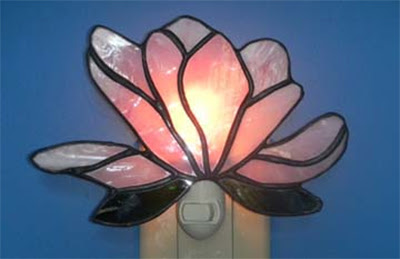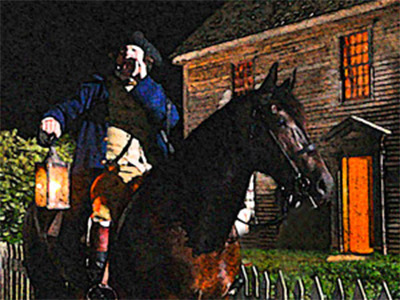I live my life using visual cues. For instance, I have a nightlight in the living room. My indoor fountain is also located in that room and it requires a top-off of distilled water daily to operate correctly. I water it in the early morning after my meditation and morning shower (or before I leave for the swimming pool), and when I've finished topping it off, I turn off the nightlight. When I glance in that direction, if the nightlight is turned on and it's not time for bed, I know I messed up and have to get water into the fountain.
I have other things - when I am ready to sit down for breakfast, I pull my daily pill dispenser pack from it's usual perch near my place setting and put it directly in front of where I would put my plate. I don't want to forget to take my vitamins. Of course, if I miss a day, it's far from tragic - I only have a single routine medication and it's just one day a week. Of course, now I'm taking antibiotics for my UTI and my eyes, so those bottles get placed in front of the vitamin container. It's not perfect, but it works pretty darned well.
If I have the oven on, I always turn on the oven light. When I'm finished baking or roasting, I pull everything out of the oven, and turn off the interior light. There are automatic lights to tell me (and to tall you) that a burner on the stove is turned on, that your computer or laptop has power, and that your phone is on and ready to accept calls, messages and entertain you. We live with visual cues. As a species, we respond to them.
 |
Where would we be without using stoplights on our city streets? A bit more than 100 years ago, they were a rarity. Now they're essential. |
There are stoplights at intersections, spotlights in parking areas, and if a new store opens and wants a Grand Opening splash, they'll sometimes rent rotating spotlights to extend far into the sky, generating interest from the general public. This habit of working with the eyes first is deeply ingrained into our genetic past - that of the hunter/gatherer who depended on those clues to either find food or to avoid becoming the food of another. Signal lights were used to carry messages - think of Morse code in lights, or how about "One if by land and two if by sea" for Paul Revere's ride.
What visual clues do you use? I'm sure you use several of them once you think about it. Some of them may be so automatic that it doesn't occur to you any more, but still, they exist and you rely on them. As a species, we use visual clues, and also auditory ones - your alarm clock, the buzzing of your cell phone, and the soft "ding" in some programs to let you know something has been completed. Can you understand, from the above, how difficult it must be for those who cannot see, or hear, or process those clues into their lives? Maybe spend part of today "blind and deaf" without those clues and cues. See how the "other side" lives. Gain a deeper understanding of others, and a more compassionate general outlook on our amazing lives. Have an excellent weekend, I'll be back on Monday. Slava Ukraini.





No comments:
Post a Comment